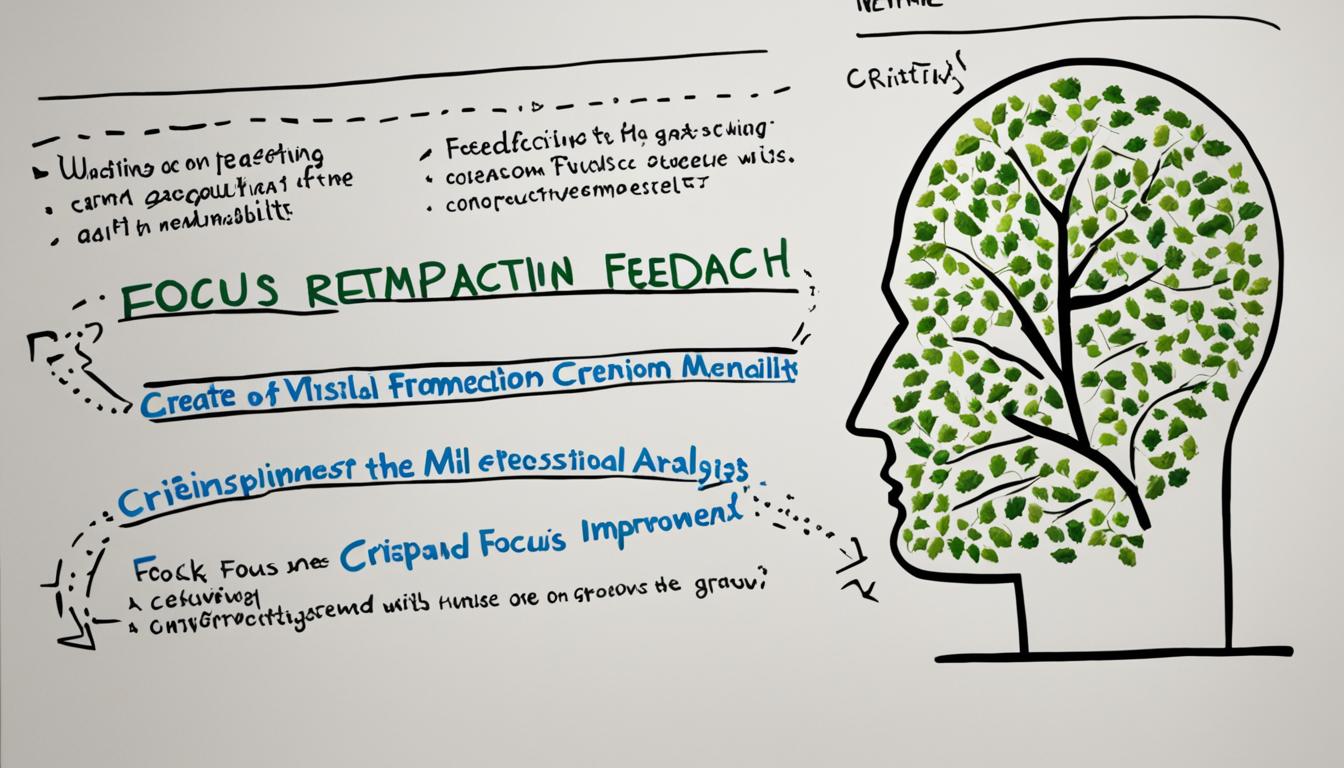We often hear about the importance of physical fitness, but what about mental fitness? Did you know that our mental well-being is closely connected to our physical health? When it comes to optimizing our overall well-being, it is crucial to recognize the relationship between fitness and the mental game.
Mental fitness, which encompasses qualities such as resilience, emotional intelligence, and stress management, plays a significant role in our everyday psychological well-being. It goes beyond mental health, focusing on developing a balanced and resilient mind rather than solely addressing critical issues. The ancient Greek saying, “a healthy mind in a healthy body,” emphasizes the importance of valuing both mental and physical fitness.
There are numerous benefits to improving our mental fitness. Enhancing decision-making skills, emotional resilience, and improved communication are just a few examples. By incorporating regular exercise, practicing mindful meditation, and spending time in nature, we can improve our mental strength and achieve better overall mental performance.
Recognizing the mind-body connection and prioritizing fitness for mental clarity is essential. By taking a holistic approach to our well-being, we can strike a balance and cultivate a healthier lifestyle that values both physical and mental health.
Key Takeaways:
- The relationship between fitness and the mental game is often overlooked.
- Mental fitness encompasses qualities such as resilience, emotional intelligence, and stress management.
- Improving mental fitness can lead to enhanced decision-making, emotional resilience, and improved communication skills.
- Incorporating regular exercise, practicing mindful meditation, and spending time in nature can improve mental strength.
- A holistic approach to well-being is crucial, valuing both physical and mental health.
The Distinction Between Mental Fitness and Mental Health
Mental fitness and mental health are two distinct concepts that play a vital role in our overall well-being. While mental health primarily focuses on diagnosable conditions and disorders, mental fitness pertains to everyday psychological well-being. It encompasses qualities such as resilience, emotional intelligence, and stress management, which are crucial for maintaining a balanced and resilient mind.
Mental fitness goes beyond simply addressing issues when they become critical; instead, it involves proactively developing the skills and attributes necessary for optimal mental well-being. By prioritizing mental fitness, we can enhance our resilience in the face of challenges, cultivate emotional intelligence for effective communication and relationships, and develop effective stress management techniques.
Understanding the distinction between mental fitness and mental health is essential in recognizing the significance of mental fitness in our lives. By actively engaging in practices that promote mental fitness, such as mindfulness exercises and stress reduction techniques, we can build a strong foundation for our overall well-being.
The Benefits of Mental Fitness
Mental fitness is not only essential for our overall well-being but also offers a multitude of benefits that positively impact various aspects of our lives. When we are mentally fit, we are better equipped to navigate challenges and stressors, displaying qualities such as resilience, emotional intelligence, and effective stress management.
Resilience is a key component of mental fitness. It allows us to bounce back from setbacks and remain optimistic in the face of adversity. By developing resilience, we can easily adapt to change and overcome obstacles, leading to greater personal and professional success.
Emotional intelligence is another crucial aspect of mental fitness. It refers to our ability to recognize, understand, and manage our emotions as well as empathize with others. When we have high emotional intelligence, we can build stronger relationships, communicate effectively, and navigate conflicts with grace and understanding.
Stress management is an essential skill that comes with mental fitness. By effectively managing stress, we can maintain a sense of calm and balance in our lives. This allows us to handle pressure more efficiently and make better decisions, even in high-stress situations.
The Power of Decision-Making and Teamwork
Mental fitness also enhances our decision-making skills. When our minds are clear and focused, we can evaluate and analyze information more effectively, leading to informed and confident decision-making. This ability to make sound decisions contributes to our personal and professional success.
Furthermore, mental fitness plays a crucial role in improving our teamwork abilities. When we are mentally fit, we can effectively communicate, collaborate, and cooperate with others. This leads to better team dynamics, increased productivity, and the achievement of shared goals.
The Impact on Quality of Life
Mental fitness is not limited to our professional lives; it greatly affects our overall quality of life. When we prioritize our mental well-being, we experience greater emotional well-being, improved relationships, and enhanced overall satisfaction with life.
A mentally fit individual is more likely to experience joy, happiness, and fulfillment in their personal relationships, as they have the emotional resilience and intelligence to navigate challenges effectively. Additionally, mental fitness contributes to a more positive outlook on life, allowing us to see opportunities instead of obstacles, leading to increased success and fulfillment.
By recognizing the importance of mental fitness and actively working to improve it, we can unlock our full potential and create a healthier, more balanced life. Mental fitness is a lifelong journey that requires dedication and practice, but the rewards are invaluable and contribute to our overall well-being.
| Benefits of Mental Fitness | Description |
|---|---|
| Resilience | Ability to bounce back from setbacks and remain optimistic in the face of adversity. |
| Emotional Intelligence | Capacity to recognize, understand, and manage emotions, as well as empathize with others. |
| Stress Management | Effective techniques for managing stress and maintaining a sense of calm and balance. |
| Decision-Making | Enhanced ability to evaluate information and make informed and confident decisions. |
| Teamwork | Improved communication, collaboration, and cooperation skills for effective teamwork. |
| Quality of Life | Greater emotional well-being, improved relationships, and increased overall satisfaction with life. |
The Impact of Exercise on Mental Well-Being
Regular exercise has a profound impact on mental well-being. Physical activity triggers the release of endorphins, also known as “feel-good” hormones, which alleviate stress and anxiety, promoting emotional strength and well-being. Exercise also enhances cognitive function and memory by increasing blood flow to the brain. Additionally, engaging in physical activity acts as a powerful stress reliever, reducing the levels of cortisol, the stress hormone.
Exercise can also provide opportunities for social connection, whether through group classes or outdoor activities, combating feelings of loneliness and fostering optimism. Mindful activities like yoga and meditation promote mind-body harmony, leading to relaxation and a sense of tranquility.
| Benefit | Description |
|---|---|
| Stress Relief | Exercise reduces cortisol levels, promoting relaxation and reducing the impact of stress. |
| Endorphin Release | Physical activity triggers the release of endorphins, improving mood and well-being. |
| Cognitive Function | Exercise increases blood flow to the brain, enhancing cognitive function and memory. |
| Social Connection | Engaging in group classes or outdoor activities can provide opportunities for social connection and combat feelings of loneliness. |
| Mind-Body Harmony | Mindful activities such as yoga and meditation promote a sense of tranquility and overall well-being. |
By incorporating regular exercise into our routines, we can reap the benefits of improved mental well-being, including stress relief, enhanced cognitive function, and a sense of social connection. Exercise not only improves our physical health but also plays a vital role in supporting our mental health.

Conclusion
Recognizing the intricate relationship between mental fitness and physical fitness is crucial for achieving overall well-being. We have learned that mental fitness is an essential aspect of well-being that complements physical fitness, leading to a more resilient and fulfilling life.
To cultivate a healthier and more balanced lifestyle, we can incorporate various strategies to improve our mental fitness. Spending time in nature allows us to reconnect with ourselves and find solace in the beauty of the natural world. Practicing mindful meditation helps us develop self-awareness, reduce stress, and enhance our mental clarity. Engaging in regular exercise not only benefits our physical health but also has a profound impact on our mental well-being.
The journey towards mental fitness is ongoing, as it requires continuous effort to develop healthy habits and coping strategies. By embracing a holistic approach that values both mental and physical fitness, we can unlock our full potential and experience a happier, healthier life. Let us strive for a balanced lifestyle that nurtures our mind and body, allowing us to thrive in every aspect of our lives.
FAQ
What is the relationship between fitness and mental game?
Fitness and mental game are interconnected in a way that is often overlooked. While physical fitness is commonly emphasized, mental fitness plays a significant role in overall well-being.
How does mental fitness differ from mental health?
Mental fitness pertains to everyday psychological well-being, encompassing qualities such as resilience, emotional intelligence, and stress management. Mental health, on the other hand, focuses on diagnosable conditions and disorders.
What are the benefits of mental fitness?
Mental fitness offers a wide range of benefits, including enhanced decision-making, emotional resilience, improved communication skills, teamwork, and an overall higher quality of life.
How does exercise impact mental well-being?
Exercise triggers the release of endorphins, alleviating stress and anxiety, promoting emotional strength and well-being. It also enhances cognitive function, reduces stress hormone levels, and provides opportunities for social connection and mind-body harmony.
Why is it important to recognize the relationship between mental and physical fitness?
Recognizing the relationship between mental and physical fitness is crucial for achieving overall well-being. By incorporating strategies to improve mental fitness, individuals can cultivate a healthier, more balanced lifestyle and unlock their full potential.



